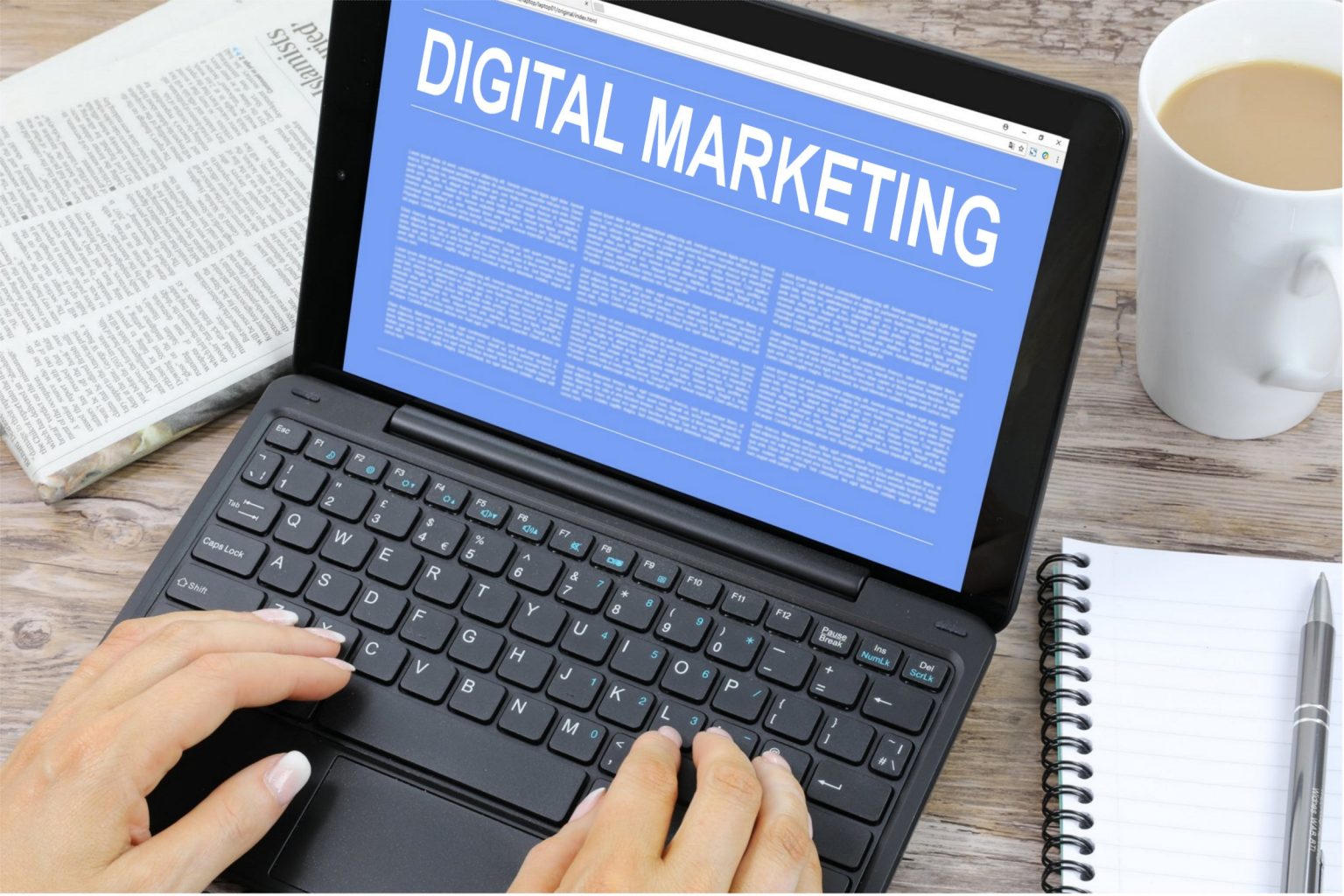Digital marketing has been transformed by the internet. Learn how to use digital marketing to kickstart your career. Digital marketing, often known as online marketing, is a type of advertising that reaches out to consumers through digital technology and the internet.
Digital marketing leverages computers, mobile devices, social media, search engines, and other digital channels to reach customers wherever they are most likely to be found, as opposed to traditional media platforms like print, radio, or television.
Discover everything there is to know about digital marketing, including its techniques and how to pursue a career in it.
Digital marketing: what is it?
Digital marketing is a type of advertising that uses digital technologies, such computers and smartphones, and the internet to reach consumers. Sales optimization is more than just running sponsored Instagram ads; it’s a series of actions that engage buyers throughout the whole purchasing process.
Email, social media, online and mobile advertising, and multimedia communications are all part of a digital marketing plan. More people join the online community every day, accounting for around 60% of the world’s population . For this reason, businesses are currently cutting traditional marketing spending while boosting their digital marketing expenses by double digits.
A significant component of digital marketing is data. By using real-time customer journey tracking and content tailored to certain audiences’ preferred digital channels, marketers may leverage marketing analytics to gather vital data. For instance, in order to better understand seasonal trends and develop customized promotions, Starbucks has gathered data from its mobile rewards programs.
5 categories of digital marketing (with examples)
Digital marketers use several methods to establish connections with prospective clients. The following digital marketing channels continue to be among the most widely used and effective ones in use today, utilized by both large and small organizations.
Search engine marketing (SEM) and search engine optimization (SEO)
The goal of search engine optimization, or SEO, is to raise an online piece of content’s rating on search engines like Google or Bing. If you’ve ever done a Google search, you’ve probably seen that even the most basic query can return millions of results. Even so, it’s unlikely that you will read past the first few recommendations, let alone the following page.
Digital marketers employ SEO marketing to make sure that potential buyers can actually locate their products or services online in this congested industry. SEO marketing typically focuses on organic search phrases, which means that content creators produce material that naturally fits in with and ranks for popular product search terms. Strategies for search engine marketing (SEM) usually include paid and organic media, including purchasing Google advertisements.
Typical approaches to SEO include the following:
- Producing superior content that aligns with search engine purpose
- Utilizing keywords to make content more discoverable for search engines
- Utilizing long-tail keywords—specific terms that search engines use—to make material more accessible to its intended audience
- Making sure that the material loads rapidly and works with mobile devices
Marketing with content
Through original content—such as blogs, articles, and newsletters—content marketing establishes a connection with target consumers. By producing content that speaks to a certain audience, it is frequently utilized to increase brand awareness.
Across a variety of digital media platforms, content marketing can take many different forms, such as:
- educational blogs and articles
- original films
- Audio podcasts
- Newsletters via LinkedIn, Medium, or Substack
Marketing via email
Marketers notify prospective customers about specials, discounts, and new product releases by sending out timely emails to big groups of people who have subscribed to their contact list. The impact of email marketing is evident: for every dollar invested, it can yield an average return on investment (ROI) of 4,200 percent when utilized strategically.
Typical email marketing examples include the following:
- Strategic emails that increase brand recognition around the holidays
- Send out bulk emails alerting subscribers about impending sales events
- targeted emails that are sent to particular groups on an email list with customized offers and messages
Advertising that charges per click (PPC)
A publisher receives payment from an advertiser for each click on their ads under the pay-per-click (PPC) digital marketing model. The publisher is typically a social networking platform like Facebook or Instagram, a website owner, or the operator of a search engine.
Typical PPC advertising examples are as follows:
- Banner advertisements that appear at the top or side of a webpage next to content
- Social media advertisements that show up on certain audiences’ feeds
- advertisements that show up when a user types in a specific keyword into a search engine like Google
Marketing using social media
Digital marketing techniques like social media marketing leverage platforms like Facebook, Instagram, Twitter, and TikTok to reach consumers. In order to reach specific customers, it makes use of data-driven strategies to maximize the reach of social media channels.
Through social media, one can contact a broad and specific audience of potential customers through desktops, mobile devices, or mobile apps.
Social media marketing examples include:
- Social media videos that are part of a bigger campaign, like this holiday music video from peanut business Planters with an 80s theme.
- Images shared on Instagram that capture the essence of a company, like the images of nature on Patagonia’s Instagram account
How to work in digital marketing
Digital marketers must be knowledgeable in digital technologies, business, communications, and marketing. You’ll require analytical, strategic, and creative skills.
A bachelor’s degree in business or communications is preferred by many employers, but if you have the relevant skills, you don’t always need a degree. Candidates who completed an internship while enrolled in school are advantageous.
Competencies required for a job in digital marketing:
- Interaction
- Working together with strategists, product developers, and designers
- imaginative thinking
- Analyzing data and being knowledgeable about marketing analytics
marketing on social media - generation of content
- CRM and SEM/SEO tools




